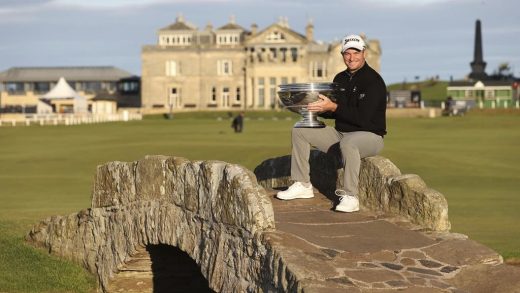
OPINION: This past week and the next, documentaries hosted by two of Aotearoa’s best-known journalists are being released.
Guyon Espiner: Wasted is already available on rnz.co.nz and TVNZ+, while Patrick Gower: On All The Drugs will debut on Three this coming Tuesday night.
Both documentaries are here to tell us the same story. And they succeed at making their points pretty well.
Both feature clips of US president Richard Nixon – to remind us that New Zealand followed the White House’s “war on drugs” that was declared in 1972.
READ MORE:
* Patrick Gower shines a light on ‘all the drugs’ in new documentary
* Patrick Gower’s booze panel: we need to talk about the everyday drinker more
* Patrick Gower: Confronting my own drinking habits in new special On Booze
* Paddy Gower has Issues, Couples Therapy NZ among the local shows we are talking about from Three’s 2023 lineup
By 1975, our legislation was in place. And like most other western countries, we chose a “booze is good, everything else is bad” model for our law-making that is increasingly being questioned – and jettisoned – around the world.
Portugal decriminalised all drugs in 2001. Being caught in possession of anything illicit in that country might still earn you a fine, but it will also lead to treatment and counselling.
Being a supplier or dealer in Portugal can still get you arrested, convicted and imprisoned. But the state is more interested in treating its addicts and users, than in ruining their lives.
Supplied
Both Guyon Espiner and Patrick Gower attempt to shed light on New Zealand’s seemingly outdated approach towards drug use.
Around the world, very few places have had the courage to follow the Portuguese model.
But just across the ditch, our neighbours in Canberra and the ACT have done just that. People found in possession of small quantities of nine commonly used drugs will be offered treatment, not handcuffs.
It’s the Canberra experiment that has prompted Espiner and Gower to ask whether it is time for Aotearoa to follow suit. Or at least write some drug laws that weren’t around when Rob Muldoon was slurring “snap election”.
THREE
In his latest documentary, Patrick Gower takes a closer look at recreational drugs in New Zealand and whether they should be decriminalised.
Gower and Espiner take similar paths into the story. Each has an array of interesting and informed interviewees to show us, with Espiner having access to a couple of very senior ex-police officers who make the most compelling case for decriminalisation here.
The line “we can’t arrest our way out of this” has been heard a lot over the last couple of years. But when it comes straight from someone with experience on the frontline – who has worked for decades in the communities most affected by addiction – it carries a lot of weight.
Espiner also unearths the fact that we spend about $8.5 million a week on methamphetamine – nearly half a billion dollars a year.
And that’s not including cost of rehab, imprisonment or everything else that meth brings in its wake.
That is just the amount of money the users hand over to the dealers. Money that is being taken out of some of the poorest and most marginalised communities in the country.
Both films come down unequivocally on the side of some decriminalisation, with Espiner’s film taking us to parts of the country which are trialling a scheme – Te Ara Oranga – which looks like partial decriminalisation in practice and which is now being rolled out into other parts of the country.
Supplied
While Wasted benefits from the input of senior police like Blair McDonald, On All the Drugs sees Patrick Gower take a wide-ranging approach, with sections on many different substances.
Guyon Espiner: Wasted and Patrick Gower: On All The Drugs are both well-made, well-presented and important films.
Gower’s is more wide-ranging, with sections on many different substances, while Espiner’s film is laser-focused on the pointlessness of criminalising addiction – and what it costs us.
I’ve watched each film twice now – and I have a favourite. But I’m glad they both exist and that you get a chance to see them, and make your own mind up.
Guyon Espiner: Wasted is now available to stream on rnz.co.nz and TVNZ+, while Patrick Gower: On All The Drugs will debut on Three at 8.30pm this Tuesday.


